TEST
"testing testing testing testing"

Trust is essential to wellbeing, but trust is declining. Stephen MR Covey, bestselling author of Speed of Trust, offers three powerful strategies for leaders, and everyone, to reverse this trend.
Read More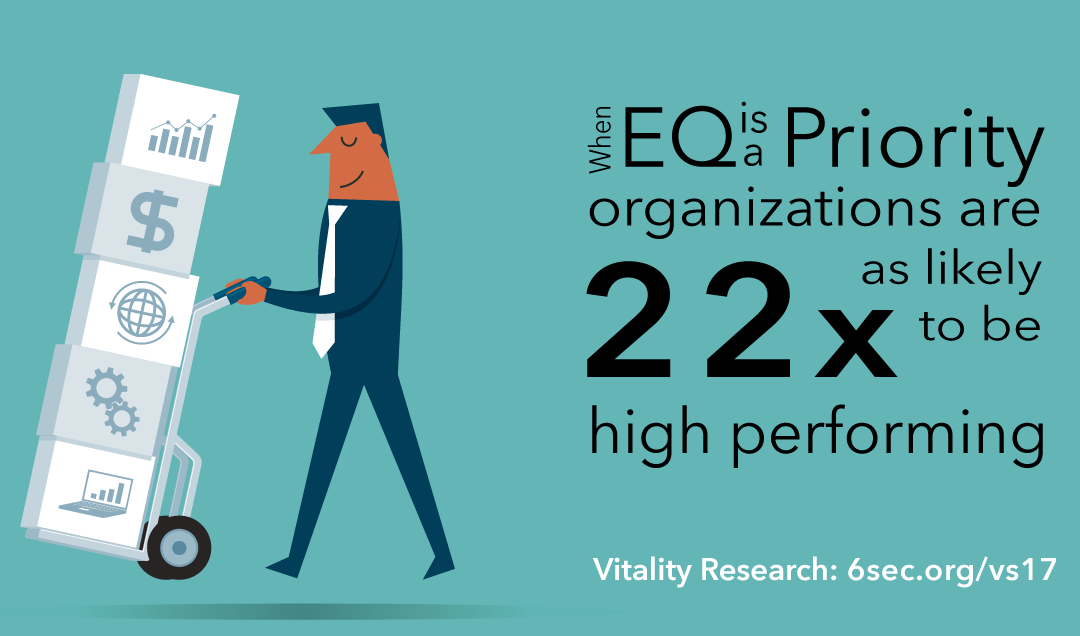
What happens when organizations prioritize emotional intelligence development? New research shows a remarkable effect.
Read More
A deluge of violence and trauma in our headlines leaves me feeling… a thunderstorm. How can emotions fuel wellbeing in the face of this onslaught?
Read More
As trust in social institutions spirals down and people feel more isolated, is the social contract battered beyond repair? Neuroeconomist Paul Zak on the latest trust data and the implications for leaders.
Read More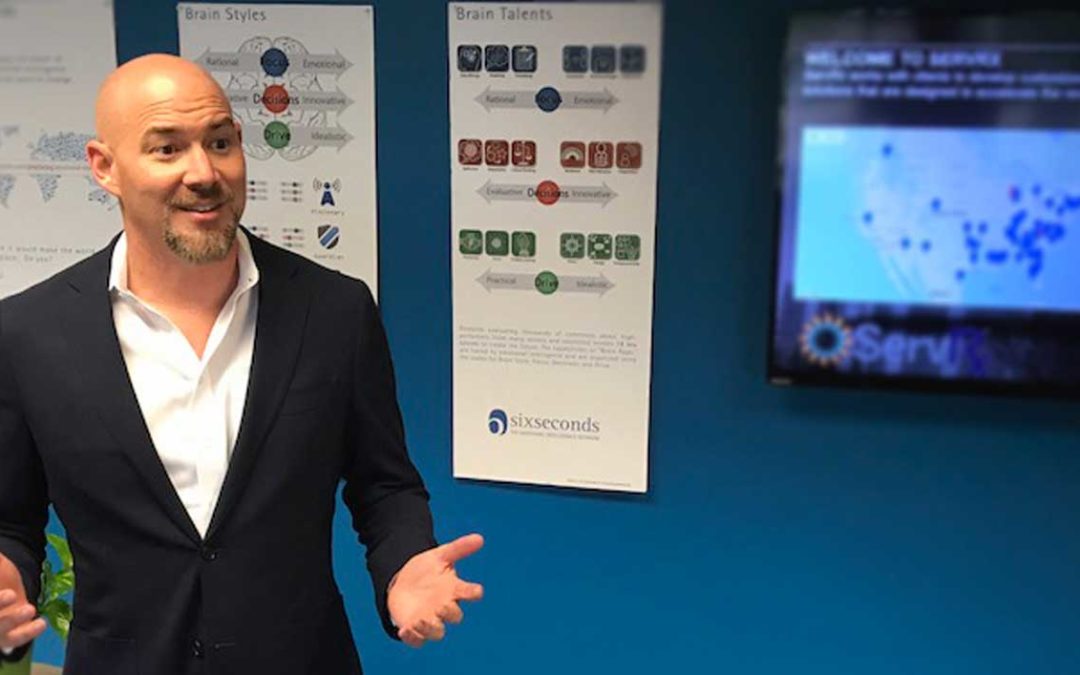
It’s “the classic problem” of a successful startup: The company was growing, but the culture was not. Here’s how they used EQ to double their employee engagement and increase net profit by 110%.
Read More
From interviews the originators of the science of emotional intelligence including Peter Salovey, Daniel Goleman, & Reuven Bar-On, here’s a simple and lively history of this breakthrough science.
Read More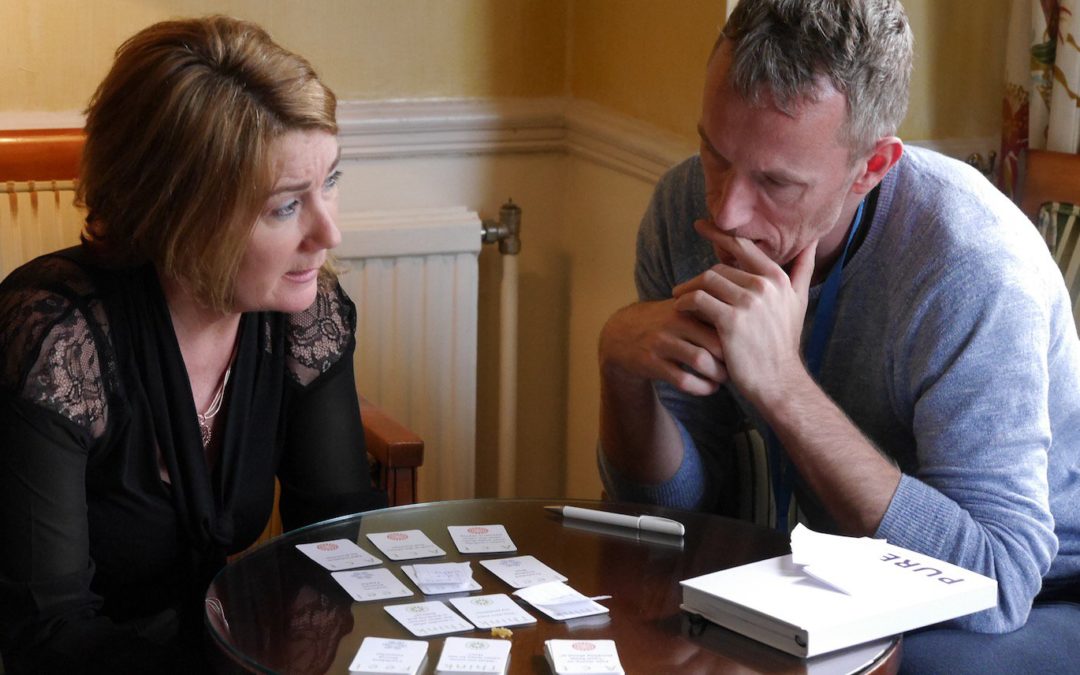
What makes coaching so effective, and does emotional intelligence help? How? Here’s an infographic + free report with insights from 1138 coaches and coaching clients from 88 countries.
Read More
Do you want to know how to understand people more easily? A starting point is a wide-spread lie we tell others — and ourselves. Here’s how to connect on a deeper level.
Read More
When feelings run hot, how can we use emotional intelligence to fuel our commitment for positive change… and support children to create a better world?
Read More
When facing challenges leading team change, increasing trust, vitality and purpose are key factors to success.
Read More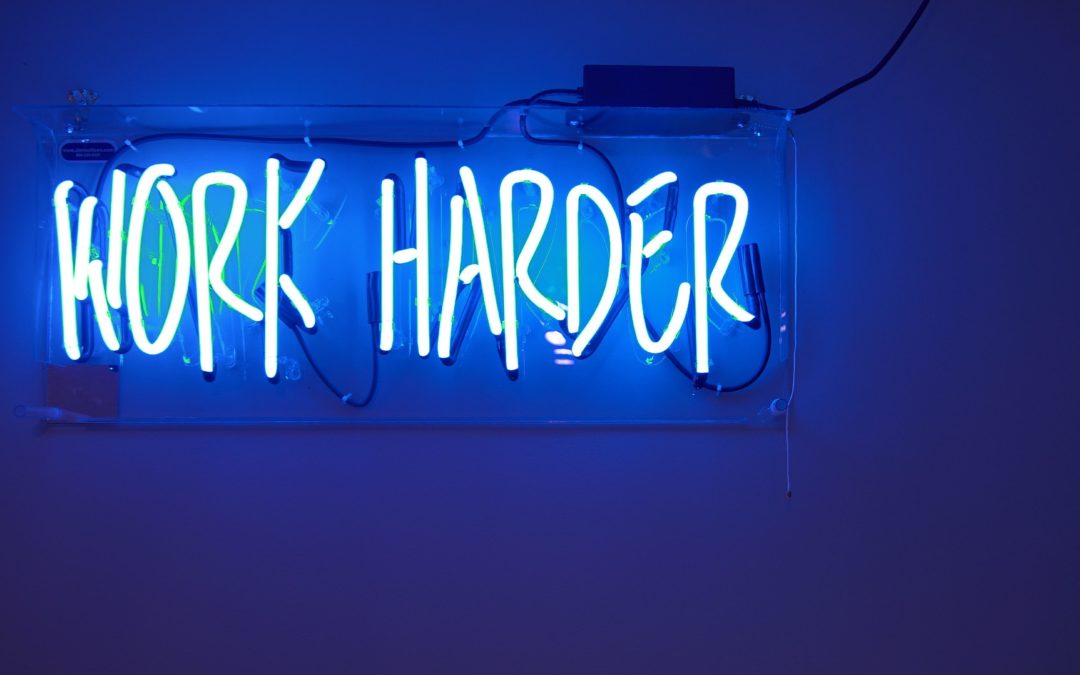
Want to be successful in stressful change? Don’t lose focus, use stress to connect people & lock reflection into the process.
Read More
Want to “win” the argument? Negotiate conflict effectively by adding emotional intelligence in this simple 4-step process: Get REAL solutions!
Read More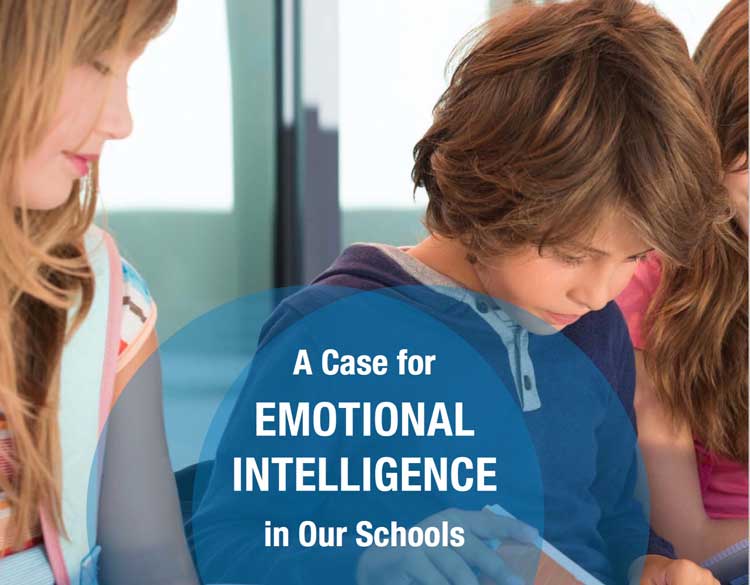
What is emotional intelligence and why does it matter in education? What does current research say about “social emotional learning”?
Read More
Best practices for hiring with emotional intelligence – attract, select, and onboard talent with EQ. There is now a range of practical EQ tools for hiring.
Read More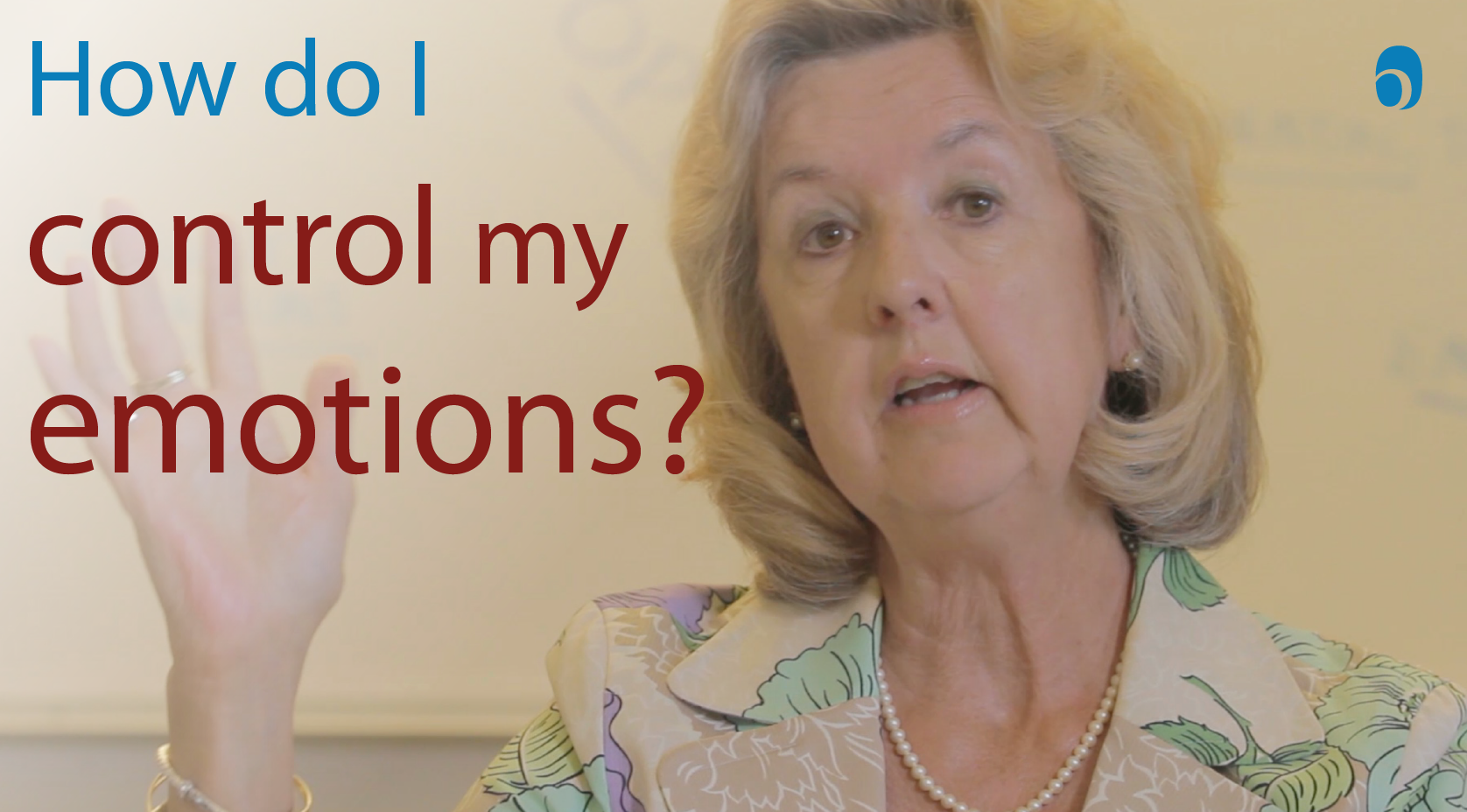
It’s one of the most frequent questions in emotional intelligence workshops worldwide. How can I get better at controlling my feelings? The language of this question reveals a bias that there are bad emotions requiring control – which means exerting power to subdue. Here’s a simply radical shift in perspective: How can I get better at harnessing […]
Read More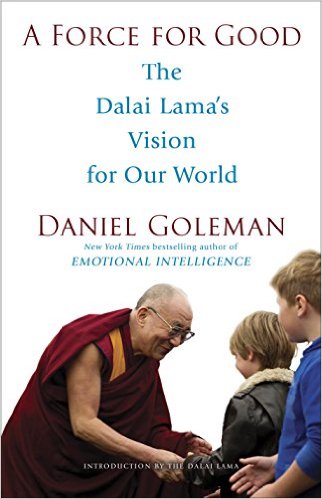
“Real change will take place when individuals transform themselves guided by the values that lie at the core of all human ethical systems, scientific findings, and common sense.” –the Dalai Lama If you could encourage people to make just one small change to transform the world, what would you ask them to do? Daniel Goleman […]
Read More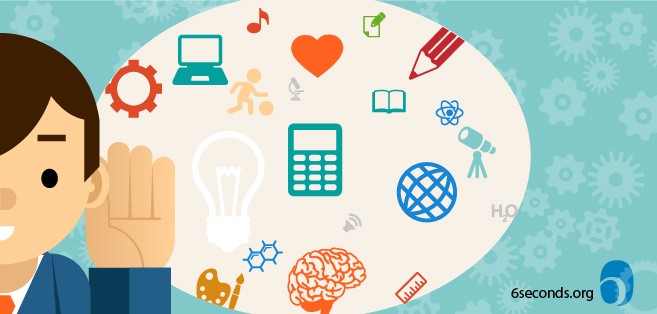
When I was at university in Toronto, I found out that riding a bike in a city with streetcars presents a very special challenge. I’m riding along and, for the first time, come to a street with tracks; they’re embedded in the road, just a little metal channel… the perfect size to cause big problems […]
Read More
Want to increase trust with someone? Try this challenging-but-rewarding framework for requesting trust.
Read More
Want to increase your level of trust with someone? The first step to earning trust is to make sure that you are fully trustworthy – and also perceived that way. Check yourself against the 4Cs of trust.
Read More
Want more clarity about how much you trust someone? Try these 3 techniques for assessing trust in a relationship.
Read More
After 100 years of research, there’s little agreement on the definition of intelligence or how to measure IQ. Yet Adam Grant insists cognitive skill trumps all, and “Emotional Intelligence Is Overrated.” His critique is wrong, but important.
Read More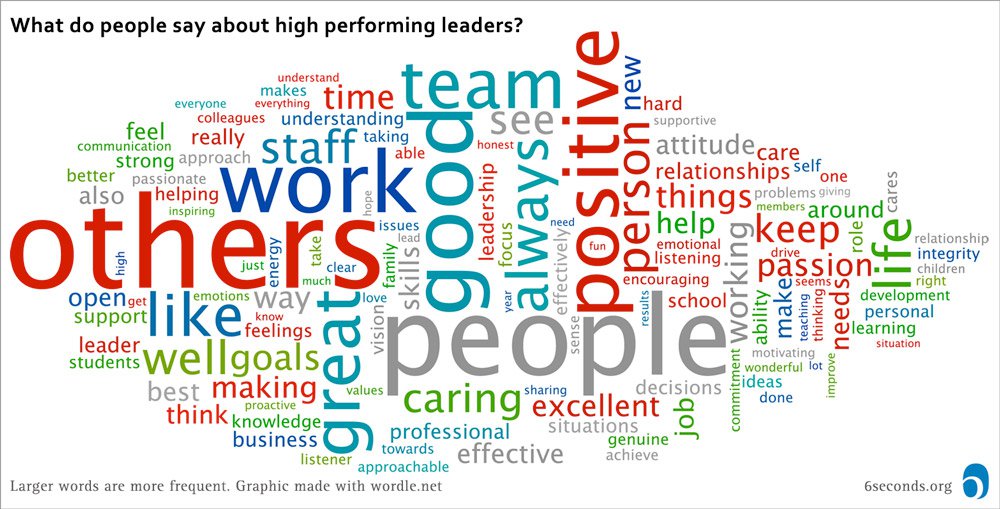
Research: What are the 3 key qualities that distinguish great leaders from good? What if you could “peek inside” the relationships of thousands of high performing leaders – what sets the best leaders apart?
Read More
What happens when new managers receive emotional intelligence training? The six-month program is delivering significant improvements in EQ skills — tied to dramatic increases in influence, quality of life, and decision making.
Read More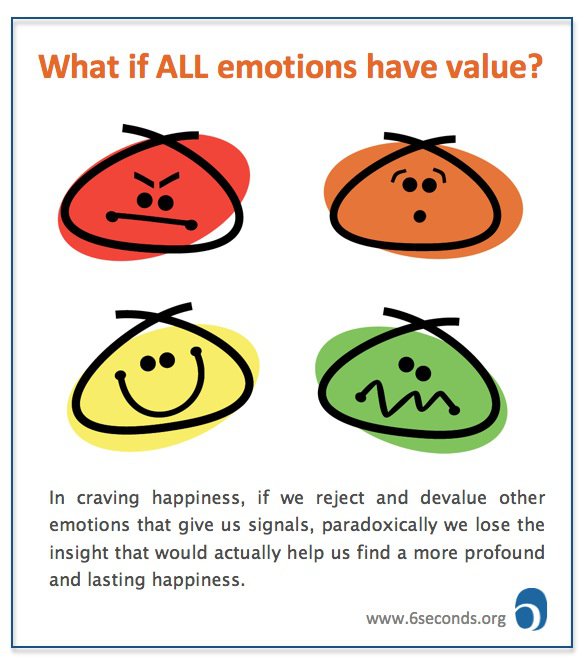
How do you increase happiness, and is that a useful goal? What do we mean by happiness anyway? Using emotional intelligence we can go from ‘happy’ to ‘thriving.’
Read More
How to effectively resolve conflict? “Emotional intelligence is essential,” says Daniel Shapiro, Harvard International Negotiation Program.
Read More
Recently a student told me that she dreads the “SEL” class in her school because, “the teacher is so fake.” There are three key traps that lead to this kind of failure in social emotional learning, and some simple-but-challenging solutions to find a balance in inquiry, planning, and power.
Read More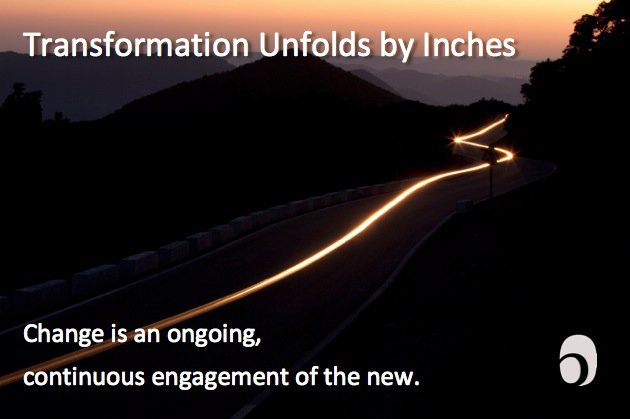
Four years ago, I couldn’t walk. I couldn’t even put my socks on. Yesterday, I went for a run — without someone chasing me… I actually chose it. As we think about change, rather than focusing on an “easy step,” there’s something incredibly powerful about embracing the impossible, and harvesting the emotional energy to fuel the next steps.
Read More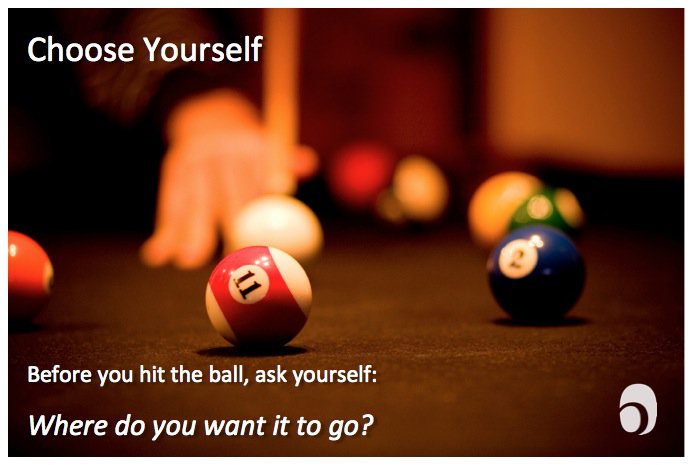
I’ve noticed something intriguing – if you have no idea what result you want, you’re unlikely to get it. My skills at pool/billiards are terrible, but I still can plan ahead and think about how I’m going to whack the cue ball to get a particular result. Isn’t this true of all of our interactions? If we decide “where we want the ball to go” in our meetings, conversations, interactions… then it’s much more probably we can make that happen.
Read More
Is there a way to be unconditionally loving, and also to hold high expectations? As parents, can we love our kids “as they are” AND help them be better?
Read More
Reading reactions to Sandy Hook, a common theme is blame, but is there an alternative? Looking at the neuroscience, it feels better to blame. When we blame, we know the answer, and that feeling of righteous wrath is actually a dopamine reward that our brain emits when we “know.” While this reaction cycle is wired into our brains, we do have a choice — three, in fact.
Read More
Are we more interested in the appearance of the thing, or the thing itself? There is a seduction of the surface. It’s easy to see. It’s easy to put in a photo. It’s easy to say, “We’re doing it right.” It’s just plain easier. As stress levels rise and we are too busy even to be busy, we skim. The surface is faster. Depth takes reflection. It takes ambiguity and curiosity and the effort of turning the wheel firmly enough to leap out of the deeply worn ruts in the roads of our minds.
Read More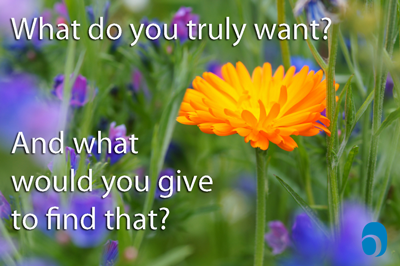
It may seem like a paradox, but people who focus on giving feel and do better… and so do businesses.
Read More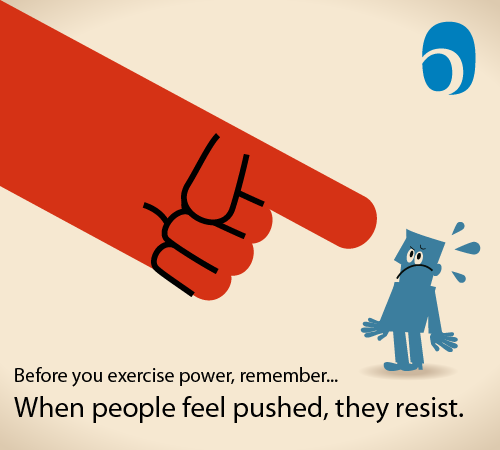
The use of power is central to our interactions as leaders, coaches, parents, and change agents. To be more effective, emotional intelligence will help us understand and tune up our own use of power and the ways people react to that. There are dozens, maybe hundreds, of different forms of power. All of these “work” in some sense. If they generate certain desired there are “benefits.” At the same time, each produces unwanted side effects, called “costs.” What are some of the forms of power that you have, and that you exercise? What happens when you exercise these different forms of power? What price do you pay for each such use?
Read More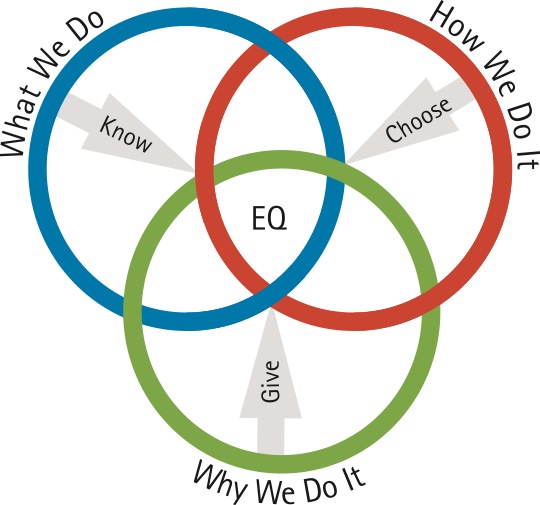
If we don’t shift gears, we are choosing global devastation — socially, environmentally, economically — and while millions of people are working to make things better, humanity is still finding it incredibly difficult to change the game to a sustainable, prosperous, and joyful future. At Six Seconds we’ve found incredibly powerful methods of catalyzing positive […]
Read More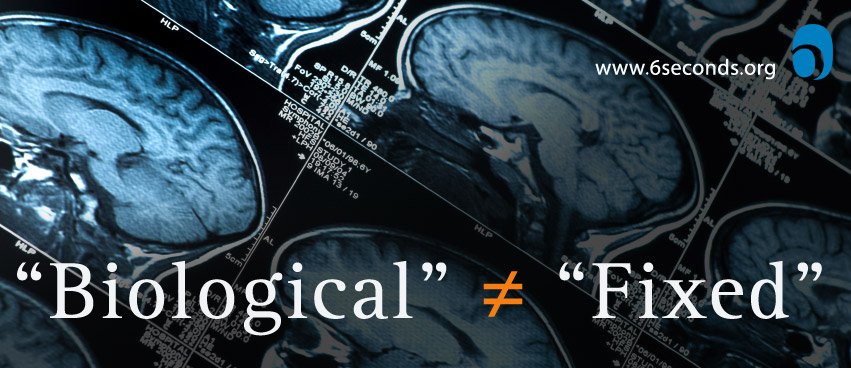
I was recently talking to a group about the fact that we can choose how we feel. “But didn’t you say emotions are an automatic biological response?” Yes, in fact, I did… but don’t we have choice about our biology? I remember years ago interviewing neurobiologist Debra Niehoff about the way some people seemed […]
Read More
Life is full of these moments of transition, of uncertainty and discovery. People coming and going, growing up, moving away, coming back… waves on the sand, life seems to be continuously in flux, and you just can’t hold it still. Yesterday I delivered Emma to her first sleep-away summer camp; she’ll be there for three […]
Read More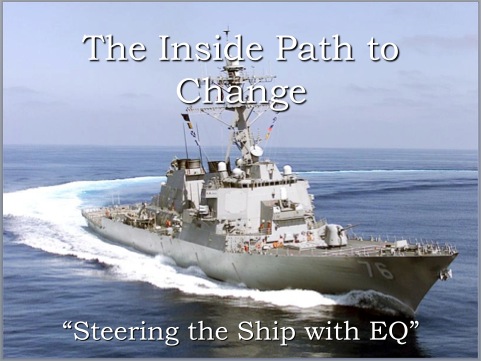
In an 18-month project to equip leaders with new insights and tools for the people-side of change, this initiative created a 43% increase in participants’ readiness to cope with the complexities of organizational transformation. Background: The US military continues to undergo significant change to address the changing global context. Just as many companies face the […]
Read More
A self-reflective discussion of “workaholism,” managing time, the work-life balance, and a mechanism for prioritizing the “to do” list.
Read More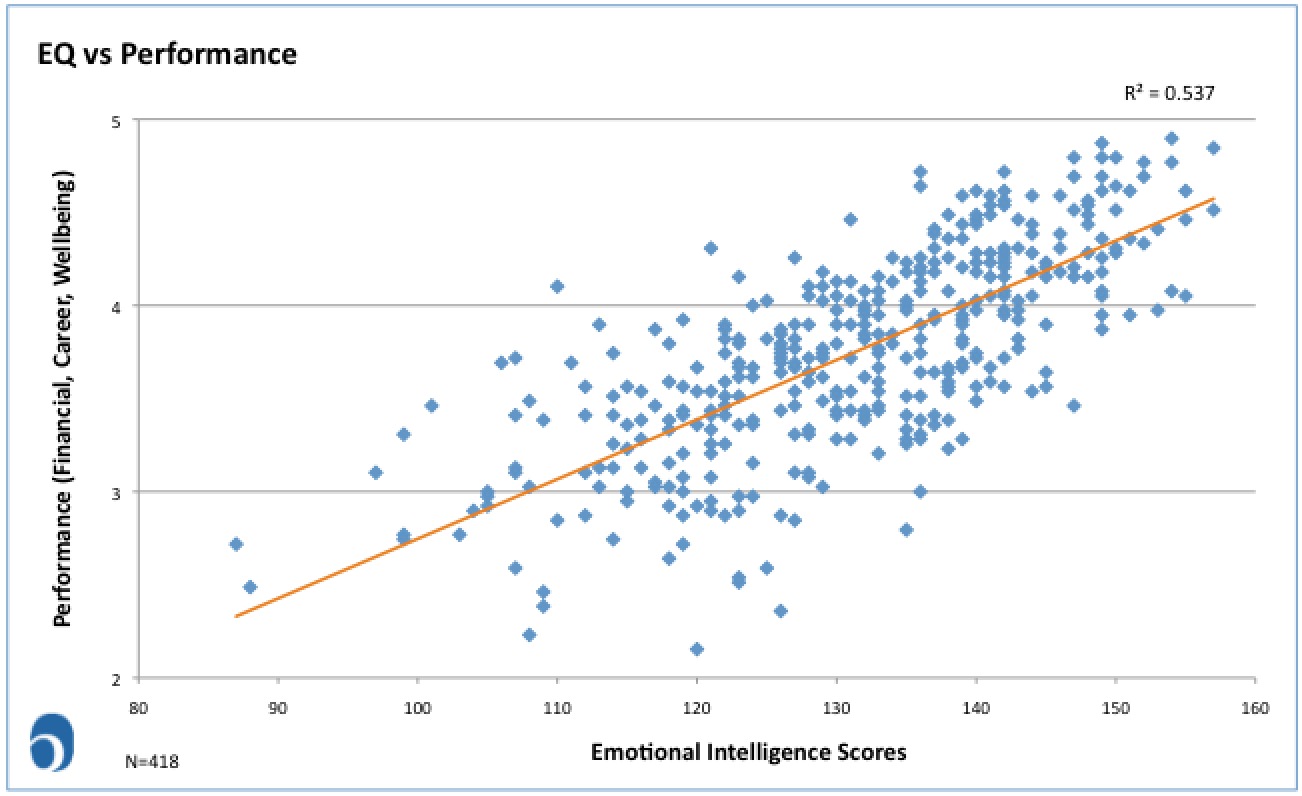
How important is emotional intelligence in a hard-driving business environment of the UAE? A study with leaders at Dubai Knowledge Village says: EQ is essential.
Read More
For the past 20 years, my most rigorous exercise has been carrying my laptop around the world. Still, when I went to the doctor for a checkup (finally), I was surprised and dismayed by my blood pressure. [This article was first published 12/21/2005 — the good news: I’ve come to like exercise!] Over the years […]
Read More